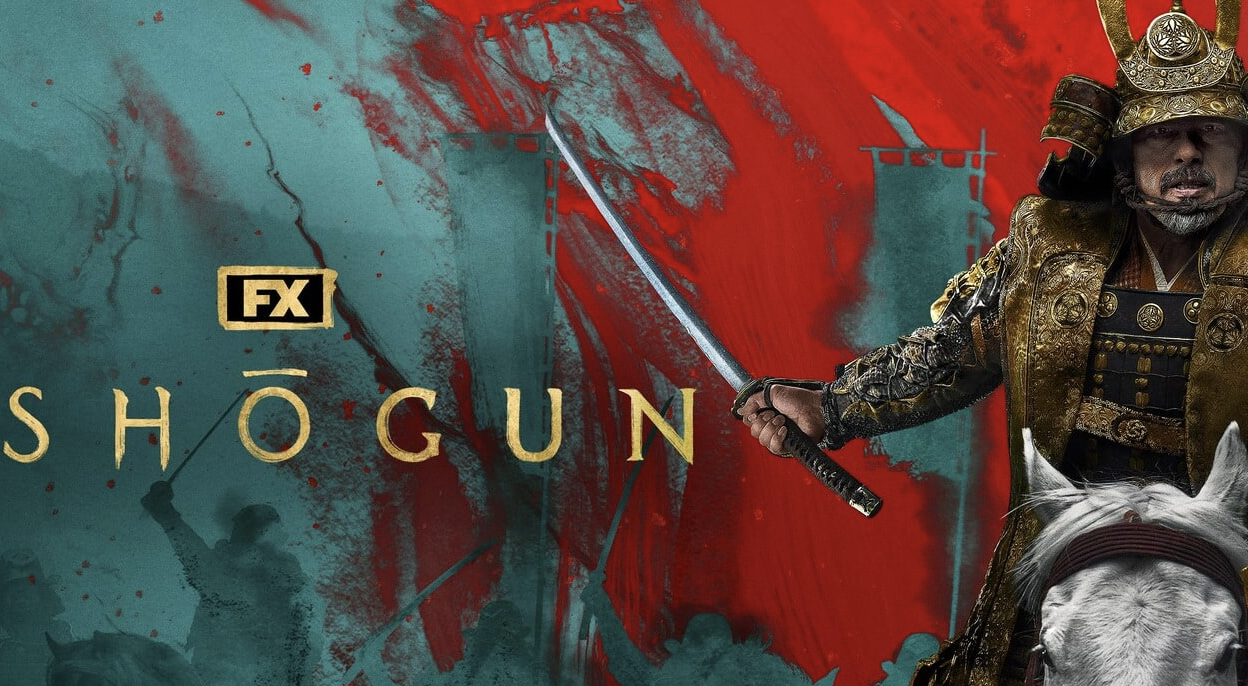
Woke Americans are vocalizing demands for diversity quotas in films, sparking controversy over historical accuracy. Criticism arises over the absence of Black representation in the Japanese film ‘Shogun,’ despite an all-Japanese cast. The debate underscores tensions between inclusivity and authenticity in storytelling, reflecting broader discussions on representation in media.
According to an opinion piece on Medium, the 2024 adaptation of “Shogun” revisits the tale, echoing its 1980 predecessor based on James Clavell’s novel. While the earlier version garnered acclaim for its portrayal of feudal Japan, it also perpetuated the White savior trope, a common motif in media.
However, the 2024 rendition promises a shift, emphasizing the Japanese perspective and questioning historical accuracy. The opinion piece then stresses about the absence of Black characters in the narrative. They claim that there is historical evidence that suggests their presence in Japan during that era, challenging conventional narratives.
The discourse surrounding representation and authenticity underscores broader conversations about cultural perspectives and the rewriting of history.
Woke Americans upset Japanese film Shogun not featuring Black actors
They’re nowhere to be found, because they were little to none of them there.
— Julio Murillo (@JEM_el_tarasco) March 11, 2024
Following that, conservative Americans are saying that there aren’t that many Black samurais around during that era. Realistically, people were not traveling as much as they do today. Critics argue that Japan during this time was not that entirely welcoming to foreigners. This is especially true to those who are physically different from them.
Assuming this is a legitimate proverb… It probably didn’t have anything to do with the “black race”.
They were probably using the term black to represent “Evil, or Viciousness”.
ie… Even a Noble Samurai needs a dark part of himself to be courageous.
— GodsLaw (@maldrannon85387) March 12, 2024
Others are questioning the Japanese proverb of having “black blood.” Moreover, the meaning is not the same as the racial category. Some suggest that it could mean someone that isn’t entirely pure hearted, or someone who is rougher than expected. X users state that this saying is not linking Japanese people with those who have “Black skin.”
Read More News
Hazelwood school district added DEI in their disciplinary actions, introducing “restorative justice”
The post Woke Americans upset at Japanese film Shogun for not having Black actors appeared first on The Independent News.

